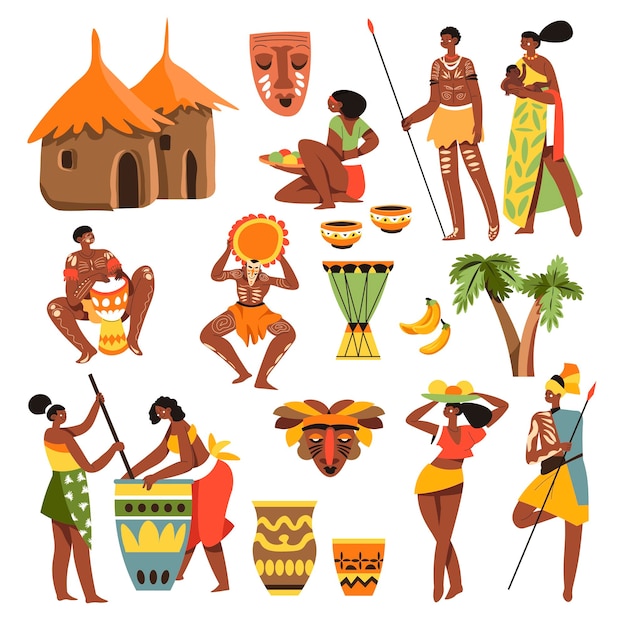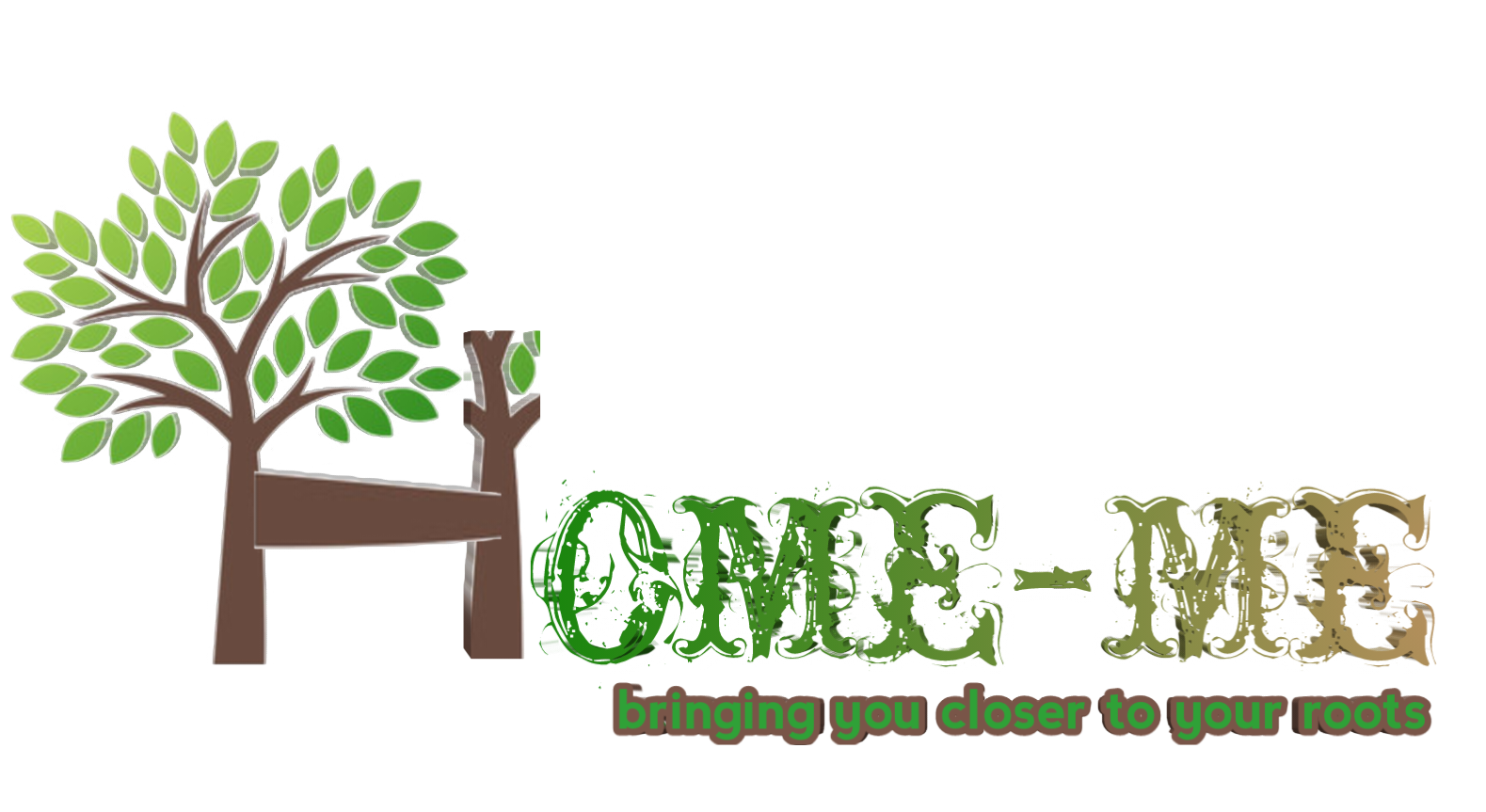Traditions

Traditions are an important part of human society. They are beliefs, customs or practices that have been passed down from generation to generation. Traditions form the backbone of many cultures, and can be traced back centuries or even millennia. They serve as a way for people to connect with their past and their ancestors, and are often used to teach important values and morals. Whether it’s holidays, ceremonies, or even everyday routines, traditions bring people together and help to foster a sense of community and belonging.
One of the most significant benefits of traditions is the sense of continuity they provide. They offer a tangible link to the past, helping us to understand who we are, where we come from, and why we do what we do. By following traditions, we can connect with our ancestors and the history of our culture, and appreciate the legacy they have left us. At the same time, we can also contribute to that legacy by passing on traditions to future generations, ensuring that they remain a vital part of our identity as a people.
While traditions provide a sense of continuity and connection to the past, they also have the potential to evolve over time. As society changes and evolves, so do our traditions. We may alter or modify them to reflect changing values, beliefs, and attitudes. This flexibility allows traditions to remain relevant and meaningful, providing a way for us to express ourselves and our culture in new and creative ways. Ultimately, traditions offer a way for us to honor our past, celebrate our present, and shape our future.
